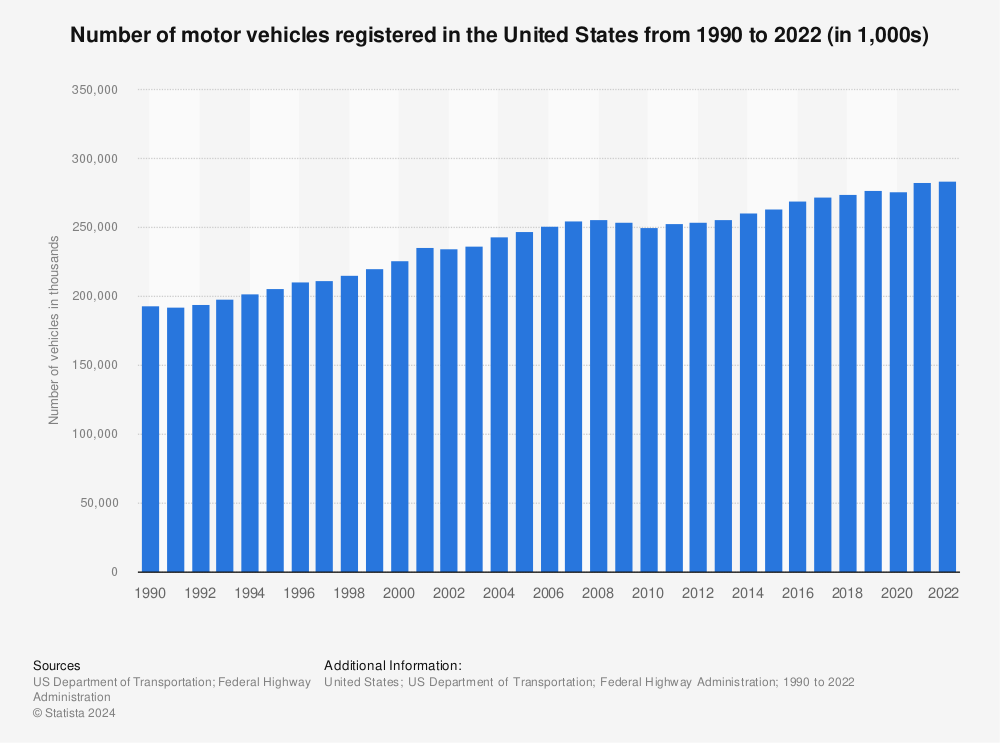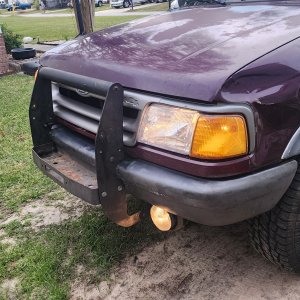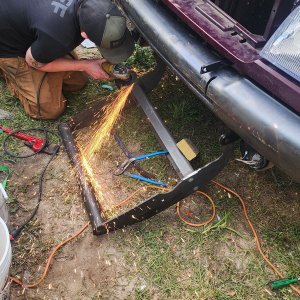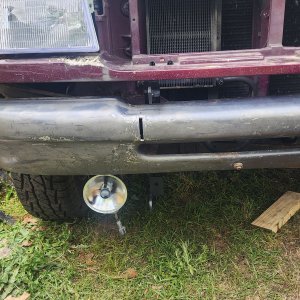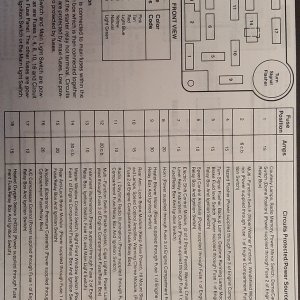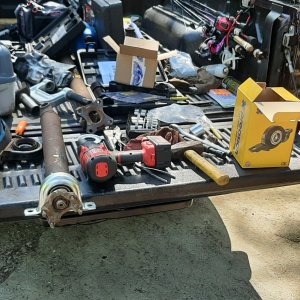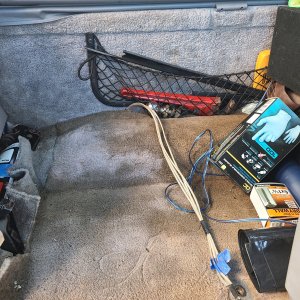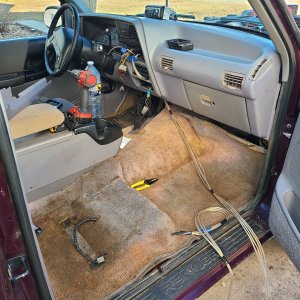What year do you estimate this need will exist? CA will stop the sale of new ICEs in 2035. For simplicity, lets assume that all 50 states follow their lead (obviously they aren't likely to all ban ICEs at the same time). About 16-17 million new passenger vehicles are sold per year in the US. There were about 275 million passenger vehicles registered in the US in 2019
That's about 16 years of sales
if everybody banned ICE sales at the same time (unlikely) before the entire US fleet was EV. That would be 2051 if the timeline starts at 2035. I'm sure they'll want to have that capacity available long before 100% of the fleet is EV, but I think we've got a couple of decades before things get tight due to EVs.
The real question is, what percentage of EV users will be using these public facing, less efficient fast chargers? How many miles driven will come from slower, more efficient charging at home or work? And systemically, is that fast charging inefficiency + slow charging better or worse than nearly everybody currently using a liquid fuel in vehicles that are only extracting ~35% of the energy stored in these liquid fuels? Right now about 80% of EV charging is done at home:
Because residential charging is convenient and inexpensive, most plug-in electric vehicle (also known as electric cars or EVs) drivers do more than...

www.energy.gov
That may change over time, but nearly anybody with a garage already has access to more efficient charging that's both cheaper and easier/more convenient, so it will always be a higher percentage than public fast chargers. If you had a fuel pump in your garage that was $0.20/gal cheaper than those at the gas stations, how often would you use gas stations? That's essentially the choice for most EV owners. The only people that use public chargers are those that have to, or those on long trips. The inefficiencies of the occasional use of public fast charging are not nearly as concerning to me as a series of 35-40% efficient ICEs pumping fossil fuels out of the ground, transporting them to refineries, transporting the refined fuels to fueling stations where they are then pumped into more vehicles that turn the majority of the energy stored in that fuel into waste heat/noise/pumping losses. How much energy is used just to get a gallon into the tank of a vehicle that can't even convert half of the energy in the fuel into propulsion? Detractors always want to bring up transmission losses in electricity, but there are massive transmission losses in our current fueling infrastructure that shouldn't be over looked.
Why can't this renewable energy be stored? It doesn't have to be real time. Store it in old EV batteries. Store it in a liquid like hydrogen. Store it in water and use gravity.
I can't really tell what your point is here. Are you upset about new vehicle prices? Are you upset about subsidization? Because the oil and gas industry gets a whole lot of taxpayer dollars too. For someone as concerned about thermodynamic efficiency as you seem to be, I'd think that you'd be thrilled to see a vehicle that didn't use it's mechanical brakes and turn a bunch of kinetic energy into useless waste heat. That's not a bug, that's a feature. I'm not saying there's any perfect solution, or that EVs are flawless at all. But a lot of the negative things that people come up with aren't really a big deal.
The people responsible for the electrical grid in TX said this week that 60% of the lost power in the state would've come from "thermal" (coal/gas) power plants, while wind and solar were responsible for 40% of the lost power. It's fun to crack on the treehuggers and all, but glass houses aren't a great place to be throwing those stones.
News releases published by ERCOT.

www.ercot.com


